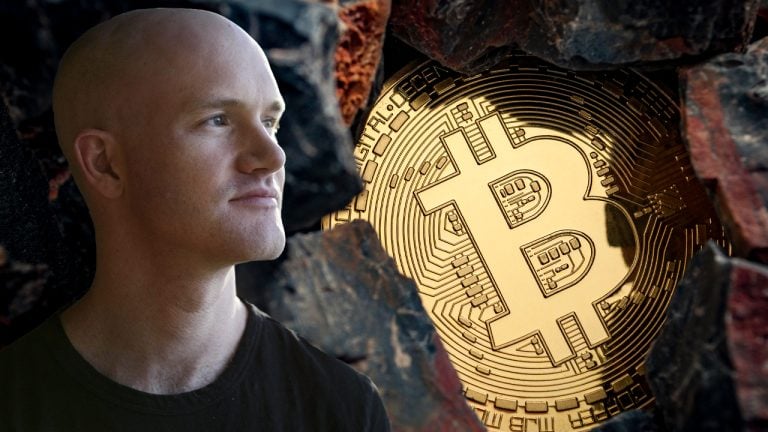
Stablecoins are seen as a potential solution to crypto’s banking problem, but some of them are currently not immune to banking issues.
The collapses of banks like Silvergate have certainly impacted cryptocurrency exchanges but there are ways for the industry to survive without the support of banks, one executive believes.
Crypto exchanges significantly rely on traditional banking systems for customer deposits, which makes them vulnerable to various banking issues, according to Bitstamp USA CEO and global commercial officer Bobby Zagotta.
The executive believes that stablecoins — cryptocurrencies whose value is tied to fiat currencies or other assets — could be a solution to crypto’s banking problem.
“We are currently discussing how stablecoins can offer us an alternative to traditional banking,” Zagotta said in an interview with Cointelegraph on March 27. He added that stablecoins could potentially unlock new capabilities for the industry, allowing it to look at banking from a new perspective and to go back to the genesis and purpose of crypto, adding:
“One of the founding principles of our industry is to enable individuals to transact without dependence on third-party institutions, so there are other possibilities to be explored, such as the use of stablecoins to reduce frictions born of the banking system.”
According to Zagotta, stablecoins provide many benefits like faster and more cost-effective transactions, reduced reliance on banks and increased liquidity. “Depending on regulations it's possible we will see a continued evolution and integration of stablecoins within exchanges amid the banking crisis,” the exec stated.
In the interview, Zagotta emphasized that the crypto industry needs to figure out the factors that led regulators to step in at Signature bank. That is necessary for the industry to ensure that crypto-friendly banks are operating in a safe and sustainable manner moving forward. He also cautioned exchanges against creating more risk for customers by hastily moving customer funds around different U.S. banks that may be stressed or at risk.
Related: Coinbase wants devs to build inflation-pegged ‘flatcoins’ on its new ‘Base’ network
According to the exec, Bitstamp currently has 15 banking partnerships globally, including U.S. banks like Customers Bank and MVB Bank, as well as European banks like LHV Bank and Gorenjska Banka that can process payments in USD as well. “We are also in conversations to onboard United Texas Bank, Western Alliance Bank, Axos Bank, and Cross River Bank to ensure we maintain a robust network in the midst of all of this change,” Zagotta added.
While Bitstamp is looking at stablecoins as a potential solution to crypto’s banking problem, it’s worth noting that some major stablecoins like USD Coin (USDC) aren’t immune to banking problems themselves. USDC issuer Circle faced major issues in March due to its $3.3 billion exposure to the collapsed Silicon Valley Bank (SVB). The events caused USDC to briefly lose its 1:1 peg with the U.S. dollar.
According to media reports, the banking crisis has been subsiding over the past few weeks but isn’t close to being over. According to José Manuel Campa, the head of the European Banking Authority, European banks have remained vulnerable following the demise of SVB and the subsequent emergency rescue of Credit Suisse by UBS.
Magazine: Unstablecoins: Depegging, bank runs and other risks loom










